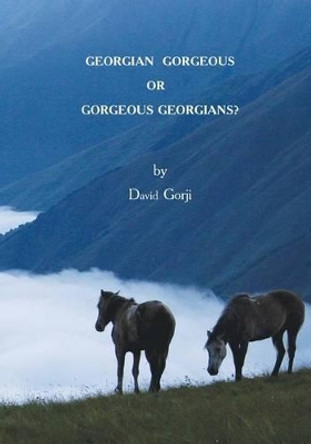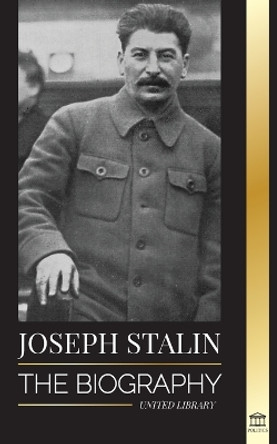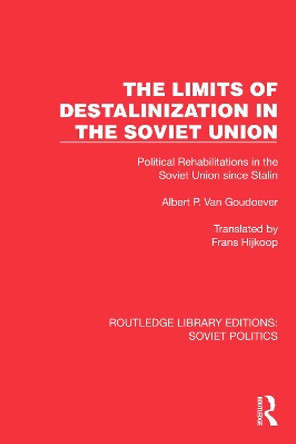Description
Georgian and Soviet investigates the constitutive capacity of Soviet nationhood and empire. The Soviet republic of Georgia, located in the mountainous Caucasus region, received the same nation-building template as other national republics of the USSR. Yet Stalin's Georgian heritage, intimate knowledge of Caucasian affairs, and personal involvement in local matters as he ascended to prominence left his homeland to confront a distinct set of challenges after his death in 1953.
Utilizing Georgian archives and Georgian-language sources, Claire P. Kaiser argues that the postwar and post-Stalin era was decisive in the creation of a "Georgian" Georgia. This was due not only to the peculiar role played by the Stalin cult in the construction of modern Georgian nationhood but also to the subsequent changes that de-Stalinization wrought among Georgia's populace and in the unusual imperial relationship between Moscow and Tbilisi. Kaiser describes how the Soviet empire could be repressive yet also encourage opportunities for advancement-for individual careers as well as for certain nationalities. The creation of national hierarchies of entitlement could be as much about local and republic-level imperial imaginations as those of a Moscow center.
Georgian and Soviet reveals that the entitled, republic-level national hierarchies that the Soviet Union created laid a foundation for the claims of nationalizing states that would emerge from the empire's wake in 1991. Today, Georgia still grapples with the legacies of its Soviet century, and the Stalin factor likewise lingers as new generations of Georgians reevaluate the symbiotic relationship between Soso Jughashvili and his native land.
About the Author
Claire P. Kaiser is Adjunct Professor at the Center for Eurasian, Russian, and East European Studies at Georgetown University and head of strategy for a global strategic advisory firm.
Reviews
In Georgian and Soviet: Entitled Nationhood and the Specter of Stalin in the Caucasus, Claire P. Kaiser expertly analyzes the ways Georgians carved out and promoted their national rights and identities within the USSR.
* Europe Now Journal *This is an excellent book. It adds to our understanding of how empires work and reveals the convoluted relationships and legacies of Soviet imperial hierarchies in the South Caucasus. It will help Georgians, when it is translated (in process) to face the complexities of their own Soviet past.
* The Russian Review *Awards
Winner of Best of 2023 Englesberg Ideas List 2024 (United States). Commended for Ab Imperio Award 2023 (United States).
Book Information
ISBN 9781501766794
Author Claire P. Kaiser
Format Hardback
Page Count 294
Imprint Cornell University Press
Publisher Cornell University Press
Weight(grams) 907g
Dimensions(mm) 229mm * 152mm * 27mm









